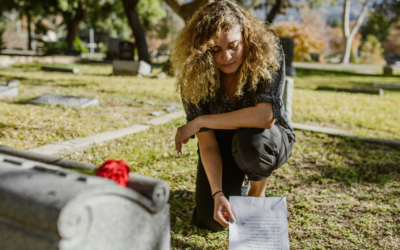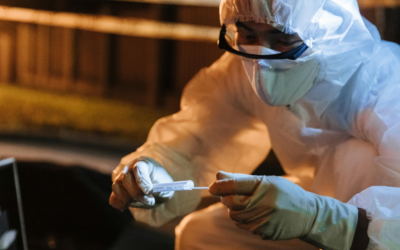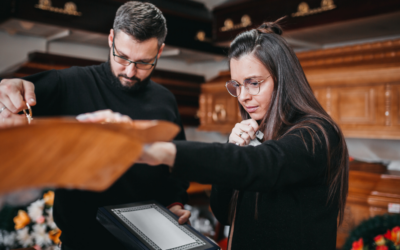There was once a time when funeral directors handled the entire process of death planning — preparing the deceased’s body, planning the service, performing it, and ensuring the deceased was properly laid to rest. While this made what would be a turbulent process more pragmatic, its often formulaic nature may not always be able to cater to loved ones’ emotional needs.
People who have experienced a loss need space to process and start their healing journey. Personalized funerals create the opportunity to truly honor the deceased’s wishes while holding space for their loved ones to come to terms with their absence.
Why do people prefer personalized funerals?
In the United States, most traditional funeral services included holding a ceremony before leading mourners to the grave site to lay the deceased to rest. People then often troop back to the home of the deceased or a family member for a brief reception before going their separate ways.
However, America is a melting pot of different cultures. Our communities are racially and religiously diverse, which means people’s view of death is no longer the homogenous constant to which most funeral traditions cater. According to a survey by Pew Research, nearly 30% of Americans are not Christians, and 22% are unaffiliated with any religion or belief system. Thus, a more traditional religious service may not suffice or even be appropriate for millions of people in the country.
Additionally, people who would have accepted a traditional funeral service in the past now prefer a new way of doing things. A study by the Funeral and Memorial Information Council found that 82% of adults felt that the funeral service should be a celebration of life that pays tribute to the deceased.
Many people prefer a personalized funeral because it helps them pay proper respects to the departed. Personalized funeral services help to paint a fuller picture of the deceased’s time on Earth and comfort their loved ones. These types of services can also give mourners a chance to talk about their loved ones, which is crucial in helping them deal with the loss.
Turning funerals into a celebration of life also contributes to a healthier view of death, regardless of personal or religious differences. It helps the people affected see death as a part of life rather than something they should fear. These attitudes benefit everyone, including any children impacted by the loss.
How to personalize funeral services
Personalizing funeral services does not remove or reduce the need for funeral professionals. The FAMIC survey found that 85% of people feel that funeral professionals are crucial when making personalized funeral arrangements. So how can you personalize funeral services for every individual in the community you serve?
Accommodate preplanning
For a long time, people viewed death through superstitious lenses. Many were afraid even to contemplate the possibility of their death, believing it would bring the event closer. However, many people have changed their attitudes toward this life event, adopting a death-positive outlook. Thus, according to the same FAMIC study, over 89% of adults consider preplanning an essential part of a proper memorialization process. They want a measure of control over how they are remembered after they pass away and prefer to discuss their wishes before the event arrives.
You can accommodate this desire by listening to individuals’ requirements for proper memorialization. Learn how they want their remains to be handled and which loved ones they want around during the process.
Present them with your expert opinion to make the death planning process more manageable. For example, let them know about the various options for handling remains, including cremation, composting, aquamation, and alternative methods for burials.
You can make the preplanning process official by helping them create and sign documentation solidifying their wishes.
Open the floor
Death affects more than just the deceased individual. Opening the floor allows loved ones to air their desires for the celebration of life.
Create room for loved ones to express their wishes about how they want to memorialize the departed. People close to the deceased can show you the proper way of handling the remains, what activities to include in the funeral process, the music their loved one would want, and how to conduct the funeral service. Listening to them helps you create a service that honors their unique backgrounds and beliefs.
Use your experience to provide expert suggestions that align with their wishes without attempting to make your ideas the end-all-be-all for the process.
Curate the process
A vital part of personalizing funeral procedures is curating the process to give everyone the chance to know and celebrate the deceased. Here are a few tips for successfully personalizing a funeral:
- Accommodate the deceased’s and loved ones’ religious beliefs for handling the body and conducting the funeral procedures.
- With the help of their loved ones, create an obituary that goes beyond the basics about the departed.
- Collaborate with loved ones to pick suitable clothing, makeup, and decorations for the casket, visitation area, and burial place.
- Display the deceased’s favorite items or videos and pictures showing them doing what they loved during visitation, at the funeral ceremony, and at the reception.
- Help a few close mourners write and present good eulogies during the funeral ceremony.
- Play the departed’s favorite music whenever appropriate.
- Craft a grave marker that tells loved ones and strangers alike the kind of person the deceased was when alive.
You can learn more about personalizing funerals through the programs offered at Pierce Colleges of Funeral Services. Contact us today for expert recommendations on where to start if you are interested in entering the field or enhancing your skills in the funeral profession.




